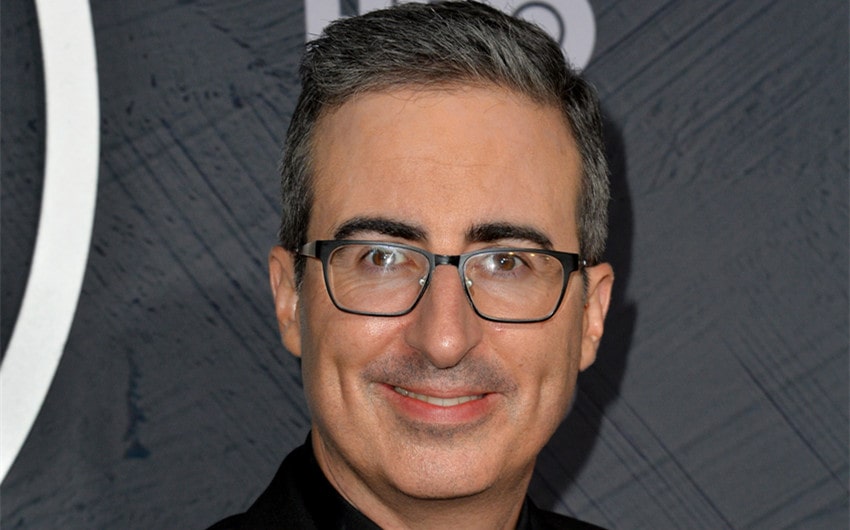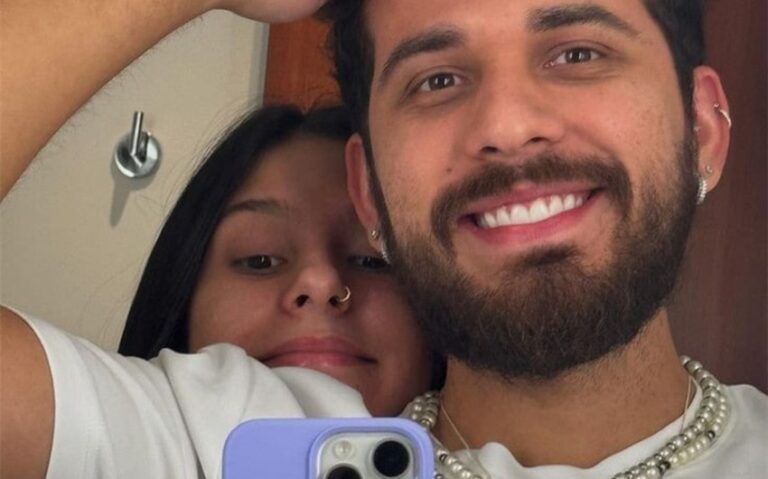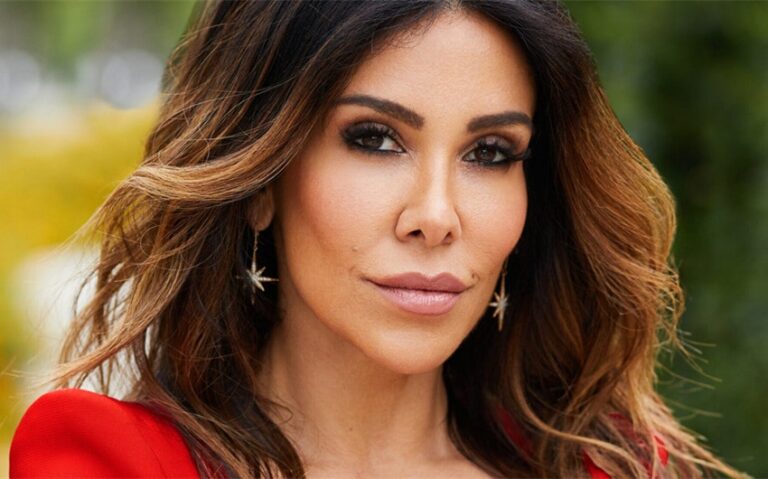John Oliver’s Net Worth and How He Turned Satire Into Success
What is John Oliver’s net worth, and how did a soft-spoken British comedian become one of the most trusted voices in American satire? Known for his smart, biting humor and meticulously researched stories on Last Week Tonight with John Oliver, he has created a career that balances comedy and journalism in a way few others have. His rise wasn’t sudden or flashy—it came through years of stand-up, writing, and staying true to his thoughtful, understated voice. The financial success he’s built reflects not only his popularity but also the depth of impact he’s had on comedy and culture alike.
Who Is John Oliver?
John Oliver was born on April 23, 1977, in Birmingham, England, and raised in Liverpool in a middle-class family. From an early age, he was drawn to comedy, particularly British satirical classics like Monty Python’s Flying Circus and Blackadder. His academic path took him to Christ’s College at the University of Cambridge, where he joined the famous Cambridge Footlights comedy troupe—an organization that has produced numerous UK comedy legends.
After graduating, Oliver began his career performing stand-up in the UK and appearing on panel shows such as Mock the Week and Have I Got News for You. His sharp wit and cerebral delivery stood out, but it was his move to the United States in 2006 that dramatically shifted his career trajectory. That year, he joined The Daily Show with Jon Stewart as a correspondent—a role that would bring him widespread recognition and new creative opportunities.
During his tenure at The Daily Show, Oliver became a fan favorite for his wry takes on American politics and his outsider’s perspective. When Jon Stewart took a leave of absence in 2013 to direct a film, Oliver was chosen to guest-host the show for several weeks. His performance was widely praised and proved that he had the chops to lead his own program.
Not long after, HBO approached Oliver with a proposal for his own show, and in 2014, Last Week Tonight with John Oliver premiered. The weekly news satire show quickly established itself as one of the most influential and award-winning programs in late-night television. Blending deeply researched investigative journalism with Oliver’s signature comedic sensibility, the show has addressed topics ranging from net neutrality and civil forfeiture to mental health care and voting rights.
John Oliver’s Net Worth: Estimated at $35–$40 Million
Though he rarely flaunts his wealth, John Oliver has quietly built an impressive financial portfolio through his television work and other professional pursuits. Estimates place his net worth between $35 million and $40 million, earned primarily through his salary at HBO, previous roles in comedy and writing, and other media appearances.
His earnings reflect more than just his popularity—they highlight the value networks place on trusted, consistent, and intellectually driven voices in comedy. While other entertainers chase headlines or brand deals, Oliver’s focus has remained on content quality and viewer trust, which in turn has created long-term value both for himself and the companies he works with.
HBO Salary and Long-Term Contract
A major contributor to Oliver’s net worth is his salary from Last Week Tonight. Industry reports suggest he earns between $8 million and $10 million annually as the show’s host, writer, and executive producer. This figure reflects not just his on-screen performance, but the enormous effort that goes into producing each weekly episode—especially considering the show’s in-depth research and high production standards.
Oliver’s long-term contract with HBO has been extended several times, most recently securing the show through 2023 with an option for more. These contracts likely come with built-in raises, back-end bonuses, and additional production incentives. Given the show’s consistent ratings and critical acclaim, HBO’s investment in Oliver is seen as a strategic asset.
What makes his salary especially notable is the structure of the show itself. Unlike nightly talk shows that air five times a week, Last Week Tonight typically produces around 30 episodes per year. This allows Oliver and his team to deliver highly polished, well-researched content without the burnout often associated with daily late-night programs.
Comedy Specials, Writing, and Other Projects
Before his HBO success, Oliver was already a well-regarded comedian and writer. He toured extensively during his time on The Daily Show, performing sold-out stand-up shows across North America. He also released comedy specials and participated in festivals, which helped him build both name recognition and income early in his career.
His background in writing—both for TV and for his own routines—has also opened doors to behind-the-scenes work, including script consulting and developing original ideas. Though he keeps a relatively low profile outside of Last Week Tonight, his early career included contributions to radio programs and UK-based comedy projects that added to his professional credentials and earnings.
In 2019, Oliver took on a notable voice acting role as Zazu in Disney’s live-action remake of The Lion King. While voice actors in ensemble casts aren’t typically paid the same as leading stars, being part of a billion-dollar global franchise likely came with a substantial payday and residuals. It’s one of the few film credits in his career but adds another dimension to his diverse skill set.
Awards, Influence, and Non-Financial Success
While his net worth tells part of the story, the broader measure of John Oliver’s success lies in his influence. Last Week Tonight has won more than 20 Primetime Emmy Awards and a prestigious Peabody Award. The show has been praised not only for its humor but for its journalistic integrity—often shedding light on underreported issues and prompting real-world changes.
In 2016, a segment about debt buying led Oliver to forgive nearly $15 million in medical debt live on the show. His exposé on net neutrality helped drive public advocacy campaigns. His coverage of bail reform, immigration, and police accountability have sparked conversations in mainstream media and legislative circles alike.
These moments demonstrate that Oliver’s reach extends far beyond the television screen. He’s built a platform that not only entertains but informs—a rare achievement in any era of media.
It’s also worth noting that Oliver lives a relatively private life. He’s married to Kate Norley, a U.S. Army veteran and Iraq War medic, and the couple tends to avoid the public spotlight. They have children and reside in New York, maintaining a lifestyle that contrasts sharply with the glitz often associated with celebrity wealth.







